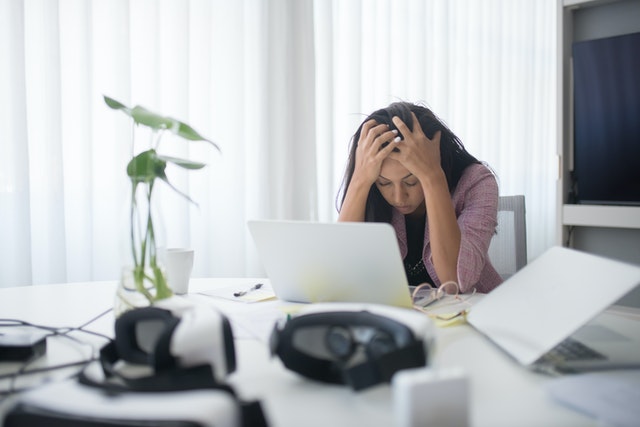In a typical office environment, there’s a good chance that you have some kind of tech support staff that you can rely on should things go wrong with your computer. For example, if your computer suddenly stops working, you can probably phone up the tech support department and have someone come down to perform repairs on your PC.
But what if you’re working at home? What if you spend the majority of your time working with your home PC or a laptop that you’re responsible for. Should something happen to your PC, will you be the one responsible for fixing it and performing maintenance? If so, then it’s important to brush up on your PC knowledge so that you have an easier time fixing it in the future.
Here are a couple of our top tips on how to better take care of your main computer so that you can keep it running smoothly.
Make sure you take care of your PC ports
Regardless if you’re using the latest MacBook or a fairly old Windows computer, there’s a good chance that your PC ports might wear out if you treat them poorly. For example, your headphones might stop working correctly if you keep jamming them into the port and then pulling on it in a rough way when you need to disconnect them. Similarly, forcefully trying to jam something into a USB slot because you don’t know which orientation it is can occasionally cause damage too.
Not all PCs and laptops are built with sturdy ports either. Some might not be connected properly which means that the connection can “sink” back into the body of the computer after some time. These kinds of situations are never fun to deal with and it makes you question the quality of the product that you bought.
In short, make sure you’re careful about your PC ports. While you can always plug in some kind of extension to make up for broken or non-functioning ports, the idea here is that you should take better care of your PC hardware in general so that it lasts longer.
Cleaning up your apps and files
Over a long period of time, our PC can end up with a lot of useless junk files that we don’t really need. For example, you might have lots of old documents that are no longer relevant, or you might have download files that you don’t need anymore because you’ve already installed the relevant software or apps. If you use your PC for a long time, then it’ll probably end up with lots of bloated software, files, and other unnecessary things.
So to help you clean it, we suggest using something like Clean My Mac X. These programs are great at identifying where these necessary files are and they’ll do a quick job of cleaning them up with ease. You simply click a few things and it’ll immediately wipe out any files that you haven’t used for a long time and give you suggestions on how to clear up more space.
While this won’t have an immediate effect on your computer’s performance, it will help you clear up things you don’t need so that you can make better use of the space you have. This can end up reducing the strain on your hard drive over a long period of time and is generally a good habit to have.
Protecting your PC with good security habits
Lastly, make sure you’re looking after your computer with good security and file habits. The last thing you want is to have your laptop compromised which leads to a leak of business data and customer information. A situation like this can be devastating for your business and is something that you should do everything in your power to avoid.
There are a couple of ways to do this and they’re often split into physical and software-related protections. For instance, you want to avoid leaving your laptop unattended when you’re working in a public area such as a coffee shop or public office. If you do this, then there’s a small chance that your laptop will be stolen or someone could tamper with it without you knowing.
Protecting your files may also involve putting password protection on everything, using two-factor authentication for websites, and also having backups in the event that a virus affects your computer and starts to destroy files. There are lots of different ways to protect your PC and you should start thinking about using these programs to prevent accidents from happening.


